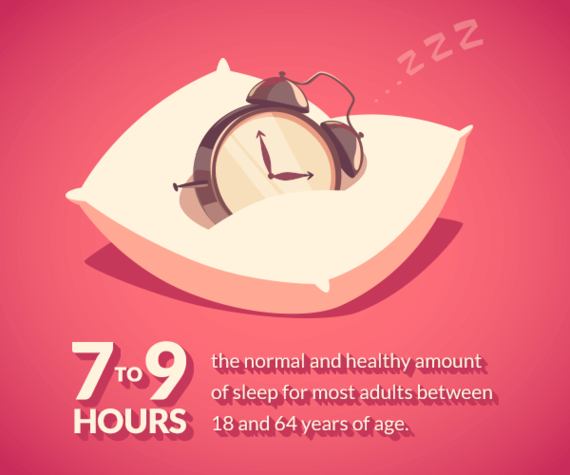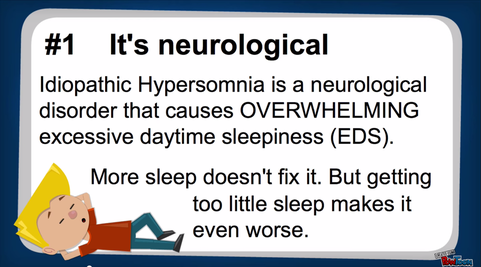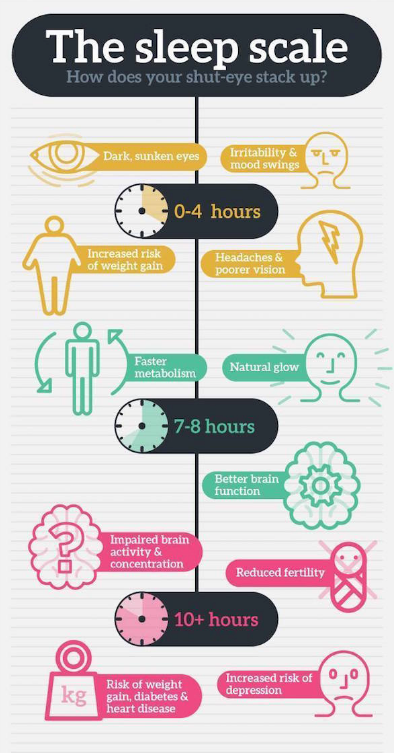
New Years Eve has just passed, and most of us probably stayed up late celebrating it.
Then, you go to bed and treat yourself to a full 10 hour sleep (or even more) - but why is it that we often wake up feeling even MORE tired after such a long night's sleep ?
This has probably happened to everyone before who had a few short nights and then decided to make up for it with one big lie-in.
We all know that not sleeping enough is bad for our health - it leads to concentration problems, headaches, drowsiness, memory loss and more.
But it seems like sleeping TOO much isn't beneficial to us either!
How much sleep is enough / too much?
The general assumption is that an adult needs 8 hours of sleep - but this actually varies a lot.
Depending on your age, activity, and lifestyle, you might be needing more or less.
Scientists have adapted to recommending 7-9 hours of sleep for adults between the ages of 18 and 64.
But some people actually genetically need more, and others need less sleep, so it all depends on personal preference and you'll have to find out what works best for your personally!

Oversleeping
The problem with oversleeping is that it messes up our circadian rhythm - our sleeping and waking cycle.
Sleeping and waking times are controlled by lots of different mechanism in our body, and once the rhythm is thrown off we can experience side effects similar to jet lag.
Generally, more than 10 hours of sleep each night are considered oversleeping.
Oversleeping results in feeling drowsy and groggy, headaches, and often back pain.
If this happens regularly, there's actually a real medical condition called hypersomnia where patients have an excessive need for sleep that can't be relieved with naps.
Patients with hypersomnia can additionally suffer from loss of energy and appetite, anxiety, and increased risk for heart diseases.

Health risks of oversleeping
A 2014 study on twins showed that the risk for depression was greater in those twins who don't sleep enough, or who sleep too much.
And another study has also shown that the risk for coronary heart disease was almost the same for people who sleep less than 4 or more than 8 hours per night (this is a risk increase of 35% compared to normal sleepers!)
In general, oversleeping can lead to these health risks:
- Increased risk of heart disease
- Increased risk of Diabetes
- Increased risk of Obesity
- Increased risk of Stroke
- Mental health issues like anxiety or depression
- (Lower) back pain

How to stop oversleeping
Most importantly: try exposing yourself to bright light as you wake up, to signal your body that it's time to wake up and support our circadian rhythm.
The same goes for night time - try to sleep in a dark environment and avoid blue light (e.g. from electronic devices) an hour before bed time.
If you have trouble getting up as soon as your alarm sounds, try placing it away from your bed so you'll actually have to get up in order to turn it off.
It also helps to establish a sleep schedule - going to bed and waking up at regular times everyday (also on the weekends) so that your body can get used to it and wake up automatically.
Images: 1, 2, 3, 4, Sources: 1, 2, 3, 4, 5, 6
- Instagram -

© Sirwinchester
